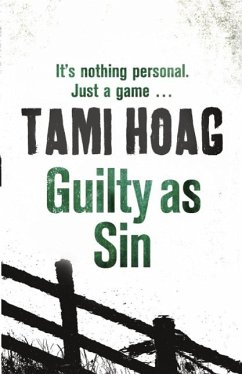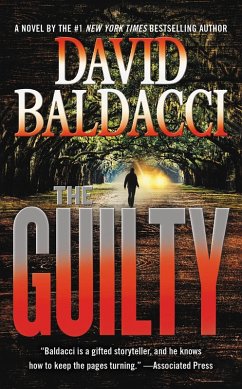
Guilty Bonds (eBook, ePUB)

PAYBACK Punkte
0 °P sammeln!
In "Guilty Bonds," William Le Queux weaves a gripping narrative that explores the intricacies of guilt, betrayal, and justice within the throes of early 20th-century society. The novel is steeped in a rich, atmospheric style, characteristic of Le Queux's dynamic prose, blending a detective story with social commentary. Set against a backdrop of shifting morals and the burgeoning influence of the press, the plot unfurls through a series of taut, suspenseful twists that challenge the reader's moral compass, highlighting the perils of the human condition amid mounting societal pressures. William ...
In "Guilty Bonds," William Le Queux weaves a gripping narrative that explores the intricacies of guilt, betrayal, and justice within the throes of early 20th-century society. The novel is steeped in a rich, atmospheric style, characteristic of Le Queux's dynamic prose, blending a detective story with social commentary. Set against a backdrop of shifting morals and the burgeoning influence of the press, the plot unfurls through a series of taut, suspenseful twists that challenge the reader's moral compass, highlighting the perils of the human condition amid mounting societal pressures. William Le Queux was a prominent British author, known for his extensive work in the realms of mystery and thriller fiction. Born in 1864, his experiences as a journalist and editor permeated his writing, shaping his keen insights into contemporary moral dilemmas. Influenced by the challenges of his time, including issues of national security and the ethical responsibilities of the media, Le Queux's impetus for writing "Guilty Bonds" reflects his desire to expose the complex interplay between truth and fiction in a rapidly evolving society. This book is a compelling read for those intrigued by psychological drama and social critique. Le Queux's masterful storytelling invites readers to ponder the shadows of guilt that linger in personal and societal contexts. Recommended for both fans of classic literature and contemporary thrillers, "Guilty Bonds" remains a timeless exploration of the human psyche and the intricate ties that bind us.
Dieser Download kann aus rechtlichen Gründen nur mit Rechnungsadresse in A, B, BG, CY, CZ, D, DK, EW, E, FIN, F, GR, H, IRL, I, LT, L, LR, M, NL, PL, P, R, S, SLO, SK ausgeliefert werden.













